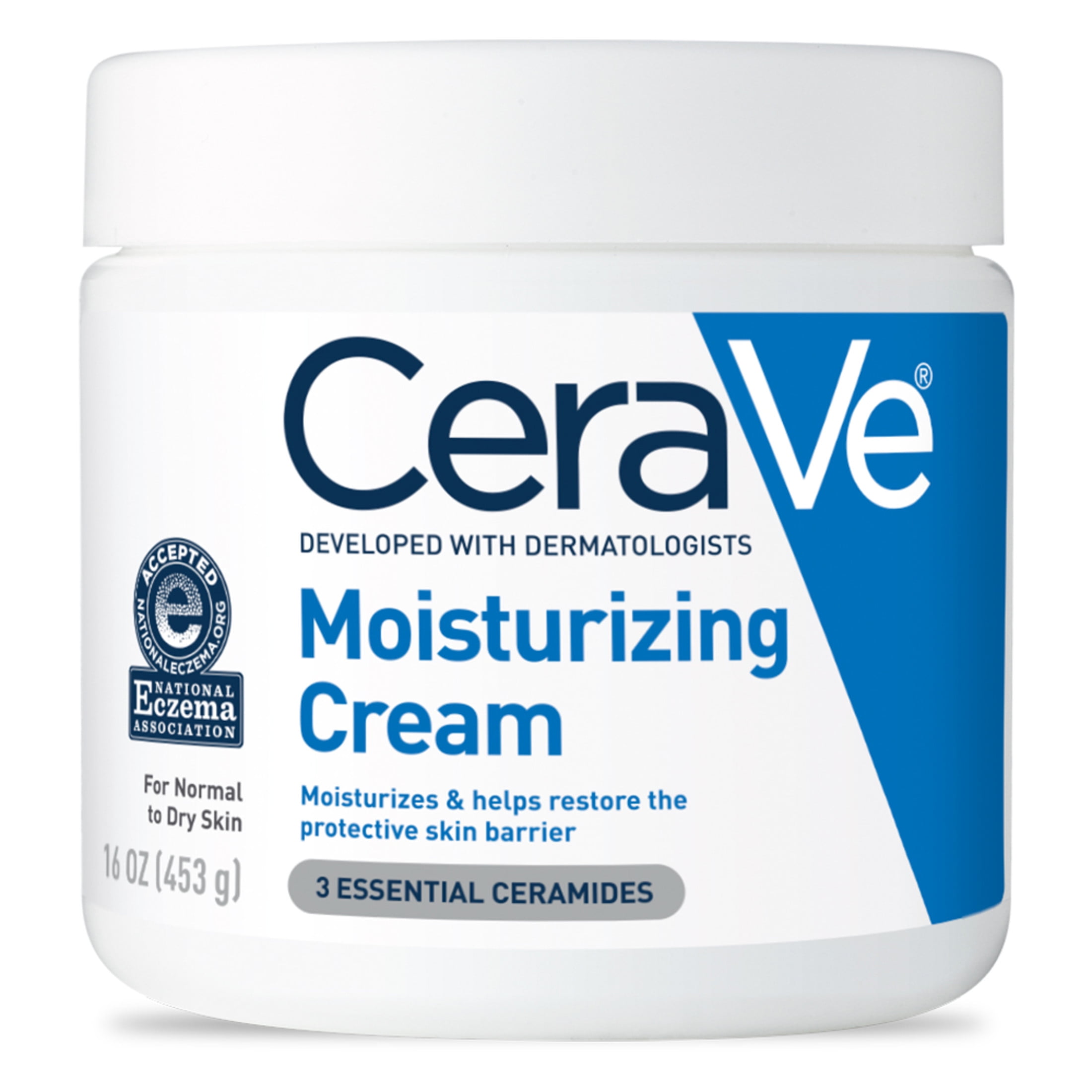The 23rd World Insights
Exploring the untold stories and events from around the globe.
Moisturizer Mayhem: Finding Your Skin's Perfect Match
Unlock radiant skin! Discover the ultimate guide to finding your ideal moisturizer in Moisturizer Mayhem. Your perfect match awaits!
Top 5 Ingredients to Look for in Your Perfect Moisturizer
Choosing the right moisturizer can significantly impact your skin's health and appearance. When searching for your perfect moisturizer, consider looking for ingredients such as hyaluronic acid, which is known for its exceptional ability to retain moisture. This powerhouse ingredient can hold up to 1,000 times its weight in water, making it an essential ally for maintaining hydrated and plump skin. For more insights on this ingredient, check out Healthline.
Another crucial ingredient to seek in your moisturizer is ceramides. These lipid molecules naturally occur in the skin and play a vital role in restoring the skin barrier, preventing moisture loss, and enhancing overall skin texture. Products containing ceramides are particularly beneficial for those with dry or sensitive skin, helping to soothe irritation and bolster hydration. Learn more about ceramides on Dermatologist Approved.

Is Your Skin Type Dry, Oily, or Combination? Discover Your Moisturizer Match
Understanding your skin type is essential for selecting the right moisturizer. If you often experience tightness or flakiness, your skin is likely dry. On the other hand, if you notice a constant shine and enlarged pores, you may have oily skin. For those who experience a mix of both, with oiliness in the T-zone and dryness on the cheeks, your skin is classified as combination. Identifying your specific skin type is the first step in finding a moisturizer that meets your unique needs. For a detailed breakdown of different skin types, check out this insightful guide on Healthline.
Once you've determined your skin type, it's time to discover your perfect moisturizer match. If you have dry skin, look for products containing hyaluronic acid or glycerin, which help retain moisture. For oily skin, opt for lightweight, oil-free formulas that hydrate without clogging pores. Lastly, if your skin is combination, consider a gel-based moisturizer that balances hydration across different areas. For more information on choosing the right products, refer to this Dermstore article that offers comprehensive tips on skincare.
The Ultimate Guide to Layering Moisturizers: Tips for Every Skin Type
Layering moisturizers can be a game changer for your skin, particularly if you want to optimize hydration and target specific skin concerns. The ultimate guide to layering moisturizers starts with understanding your skin type. For dry skin, thicker creams should be applied first to seal in moisture, while those with oily skin might prefer lighter, gel-based moisturizers that won’t clog pores. Remember to use a hydrating serum as a middle layer for an extra boost, as serums often contain concentrated ingredients that provide targeted benefits.
The order in which you apply your products matters. Start with a cleanse, then apply a hydrating toner or essence, followed by your chosen serums. Finish with your moisturizers to lock everything in—using a lightweight lotion for daytime and a thicker cream for nighttime. Don’t forget to adjust your routine with the seasons; your skin may require different levels of moisture depending on environmental factors. For more in-depth tips, check out this guide on moisturizing layers.